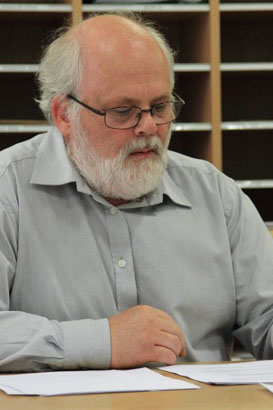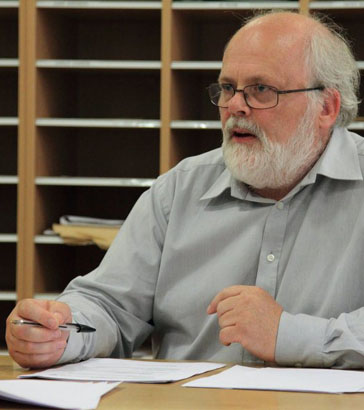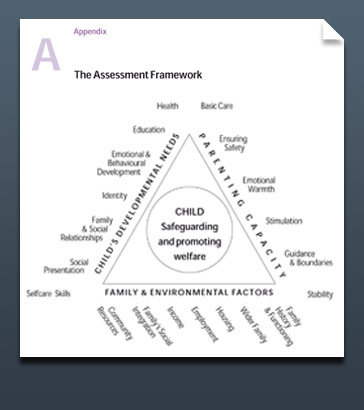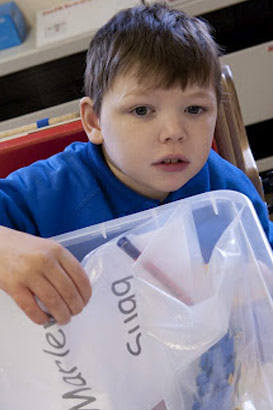
An accurate picture of a child's needs is essential to making appropriate provision.
The more complex a child's needs, the more services that may be required to undertake
an assessment.
While assessment should follow promptly after a request for one or identification
of need, it is not a one-off event; best practice is that it should be a continuous
process.
There has been criticism that children and their families have been subjected to
an excessive number of assessment interviews by different agencies, resulting in
repetition of the same information and placing an unnecessary and unreasonable burden
upon them. Changes in policy and legislation have sought to streamline these processes
to avoid multiple agencies each carrying out independent assessments.

- Needs-led: they should not be decided according to the services that are available;
- Outcomes focused: what happens should enhance specific areas of the child's daily
Once a referral is received, the children's services department of a local authority
has one working day to make a decision whether to assess. The assessment and the identification
of appropriate services is usually carried out by a social worker.
This process is laid down in the Children Act 1989 and is contained within the statutory guidance:
and its associated practice guidance:
It is important to emphasise that these frameworks are designed for the assessment of all children in need, and not solely for children with disabilities or SEN . The frameworks are, therefore, very broad in their coverage. Chapter three of the practice guidance, above, provides specific considerations for assessing the needs of children with disabilities and their families.
Under the framework, if an initial assessment identifies that a child is in need
of provision, then a more detailed 'core assessment' will be carried out. This involves
social services liaising with other agencies or independent professionals who provide
information, undertake specialist assessments or contribute specialist knowledge or
advice. These core assessments cover three domains:
- A child's developmental needs (seven dimensions);
- Parenting capacity (six dimensions);
- Family and environmental factors (seven dimensions).

Children's needs
-
 About Marley1:41Janice, Marley's mum, gives a brief description of her son's multiple disabilities
About Marley1:41Janice, Marley's mum, gives a brief description of her son's multiple disabilities -
 About Lia1:06Julie, Lia's mum, describes the demands her daughter's cerebral palsy places on the school.
About Lia1:06Julie, Lia's mum, describes the demands her daughter's cerebral palsy places on the school. -
 Lia's school nurse0:39Julie explains the support provided by the school nurse.
Lia's school nurse0:39Julie explains the support provided by the school nurse.
Use the seven dimensions of the assessment framework on a child's developmental needs to consider how these headings organise thinking about the children discussed in the audio clips. NB: There is not enough information to write something about every dimension for each child. Move to the next slide to see the sort of things you might have listed.
| Child's developmental needs | Marley | Lia |
| Education | Difficulties with reading and writing, finds creative solutions to overcome difficulties caused by his disability | |
| Emotional and behavioural development | Loving, happy Prefers company of adults |
|
| Identity | ||
| Family and social relationships | Very well loved | Communication very difficult unless you know her well |
| Social presentation | ||
| Self-care skills | Totally dependent on adults. Needs help with all personal care and to meet her medical needs. Tube fed. |

Some children are assessed under the CAF
which aims to identify any needs the child might have that are not being dealt with
and then help organisations to work together to meet those needs. A pre-assessment
check is carried out to identify whether the child would benefit from a common assessment.
The CAF looks at all the child's
needs, not just those that might be met by one service.
Common assessments can be carried out by either teachers or early years, health or
social care staff. The person who is responsible for the assessment works with a family
to understand any issues they have, to develop solutions, to agree an action plan
and to discuss how it will be reviewed. For a child getting services from more than
one agency, a lead professional may be appointed to co-ordinate the work of the agencies
and act as a main point of contact.